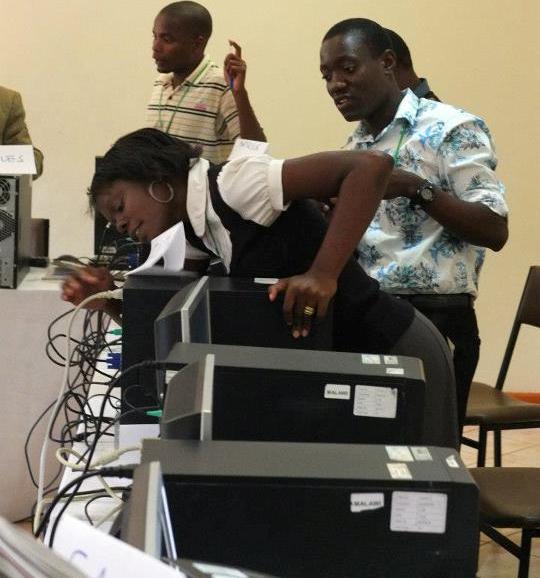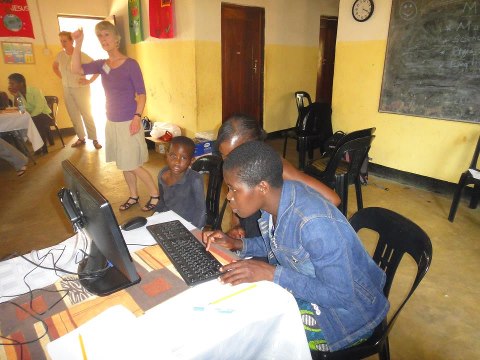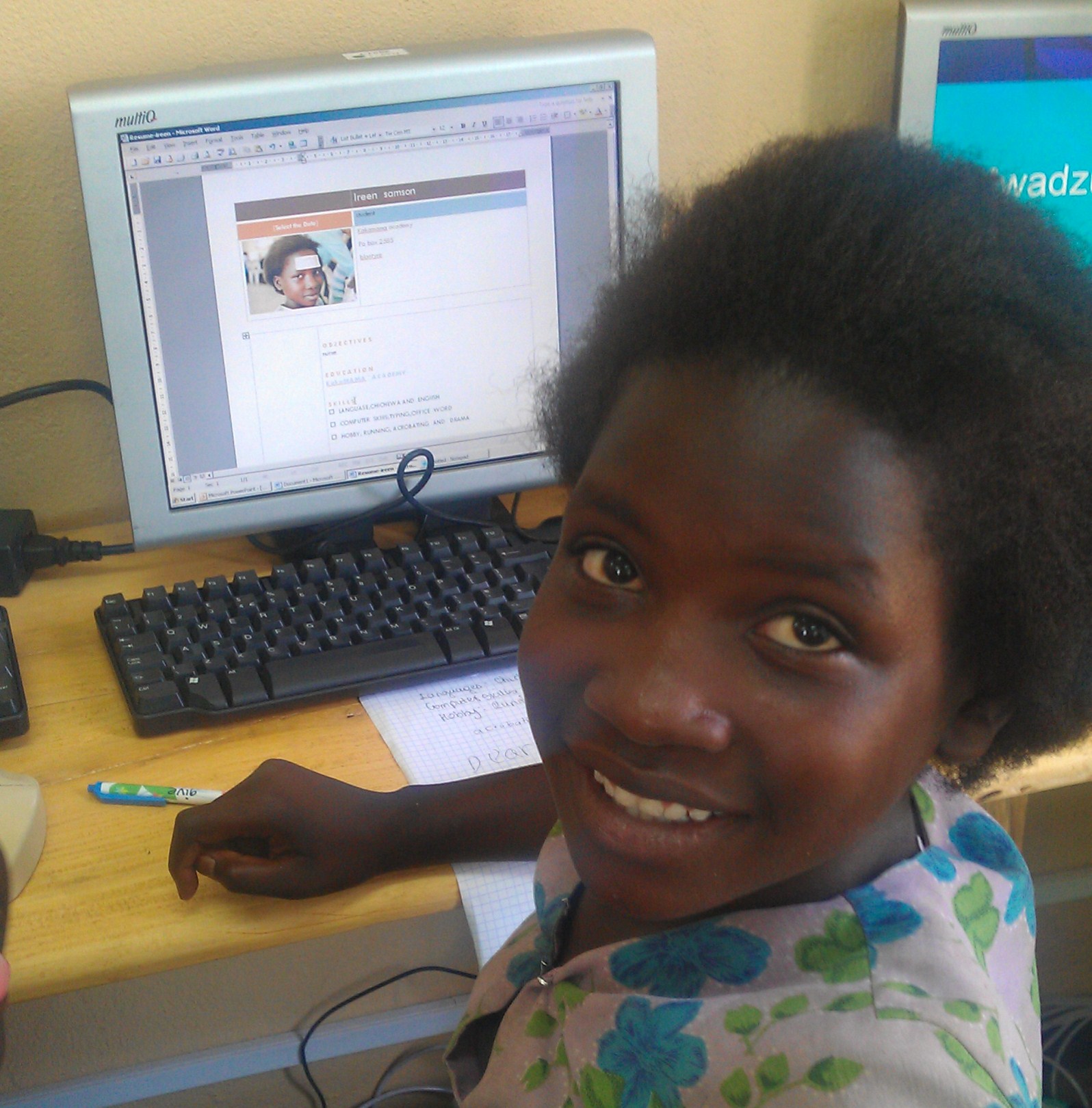Malawi 2.0: Back to make a difference
Posted by John Nielsen
GM, EMEA Customer Service and Support
Around this time last year, I accompanied a team of ten Microsoft engineers from the EMEA Customer Service and Support team to Blantyre in Malawi to help launch the Malawi Learning Partnership. We installed a network to connect four schools to allow teachers, students and partners to collaborate and enhance education in Malawi.
The impact the trip had on us, and the huge difference we realised we could make in just over one week, led us to return this year to provide more support to the Malawi Learning Partnership and schools in Blantyre. The team set up IT labs, fixed computers, conducted DigiGirlz workshops, and trained 23 teachers, working tirelessly every day to make sure they reached as many schools as possible. They found solutions to new challenges, were inspired by some of the amazing stories they encountered, and all returned home with a slightly different perspective on life.
23 teachers from 13 different schools were trained on how to set up their own school IT labs, basic troubleshooting and computer maintenance
A few things in particular stood out for me this year:
1. The astonishing pace at which children learn: We all know that children have an enormous capacity to learn, far outweighing that of adults. But, time and time again I am surprised at just how much a child can learn in a short space of time. At one of the DigiGirlz events we held this year for girls from the rural area of Chikwawa, we saw young girls who had never even seen a computer before learning how to use one and put together their own CVs - in just one day.
The DigiGirlz session held at Fishermen's Rest for girls from Chikwawa
2. The power of partnership: We brought 13 of our top engineers from across the world to bring their valuable expertise to help with training and networking for the Malawi Learning Partnership. But without the support of other partners, like St Andrews’ International School, Access Communications, and The Malawi WiFi Project - these kinds of projects would simply not be possible. We also donated 40 laptops to two schools in Malawi to help them expand their computer labs – but it will be our partners providing WiFi and 3Gconnectivity, as well as the teachers, who we rely on to make sure that our donation makes the biggest impact possible in these schools.
3. Excitement is as important as infrastructure: Setting up IT labs and connecting schools is important but unless we build excitement around technology, Malawi will never have enough technology-skilled people to help drive the economy forward. Motivating teachers, showing children what they can create with technology, and giving them the confidence to use computers are important ways of giving young people a glimpse of how technology can positively impact their future. We reached over 120 girls during our seven DigiGirlz events in Malawi in an effort to give young girls a taste of the type of jobs they can pursue in the technology industry.
One of the girls at the DigiGirlz workshop at Samaritans Trust
And lastly, the non-tech focused part of our trip reminded us once again how the simplest measures can change lives. We saw this first hand when we visited the 10 boreholes the team had raised money to build and repair in the southern region of Malawi, TA Mphuka. Through our efforts to raise money through friends, family and colleagues, we have ensured that 2500 people will have access to clean water.
For more pictures and videos of our journey in Malawi, take a look at the Microsoft EMEA CSS: Malawi 2.0 Facebook page.


